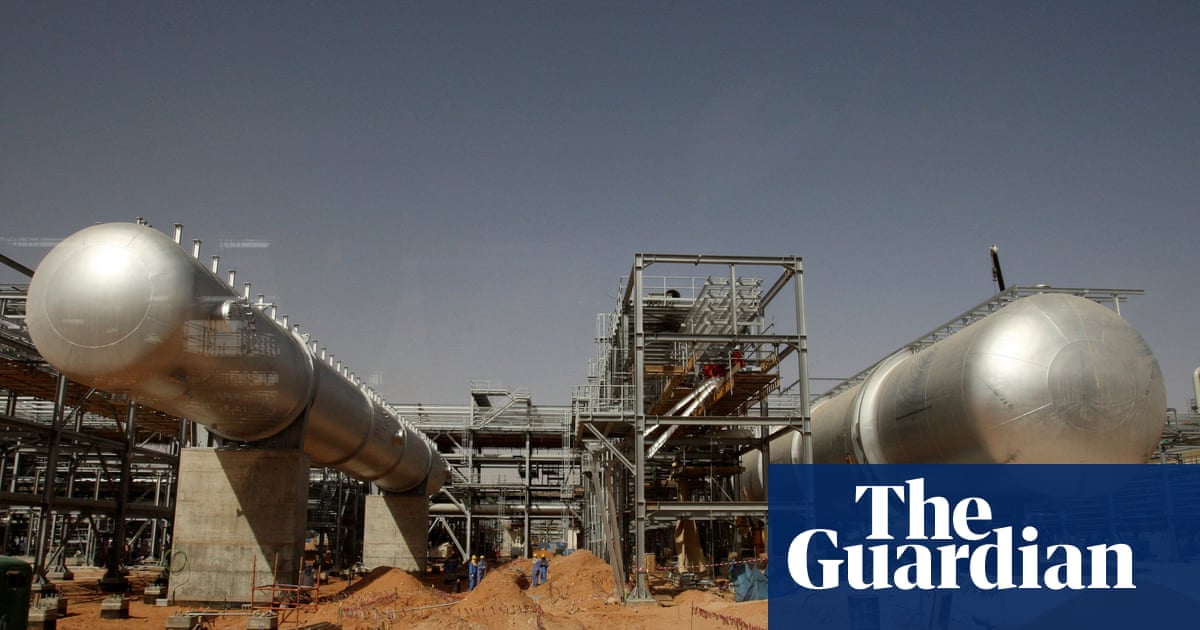
Makoto Kinone talks to Arab News during Japanese Prime Minister Abe’s visit to the Gulf
He views the region as a place to do business and strengthen the relationship between Japan and Saudi Arabia
DUBAI: Makoto Kinone is head of the main Middle East investment banking operations for Nomura International, the foreign arm of one of Japan’s biggest and oldest banks.
Nomura has been involved in the region — mainly Saudi Arabia, the UAE and Bahrain — for several decades, and has advised clients on billions of dollars of trade finance and corporate transactions. It also has a big asset management business in the region.
On the eve of the visit by Japanese Prime Minister Shinzo Abe to the Gulf, Kinone told Arab News how he views the region as a place to do business, and the strengthening relationship between Japan and Saudi Arabia.
Q: Explain the background to Nomura’s presence in the Middle East. What projects have you been involved in here, in Saudi Arabia, in particular?
A: With a presence in the Middle East region since 1974, Nomura has long-standing relationships with Saudi government bodies, financial institutions and corporates.
Nomura was licensed as an investment bank by the Capital Market Authority in May 2008 and began operations in July 2009, becoming the first Asian firm authorized to provide investment banking services in the Kingdom.
Nomura Saudi Arabia is focused on arranging and advising in securities, and has delivered a number of customised solutions to clients.
Most recently, Nomura acted as sole financial adviser to one of the largest petrochemical companies in the Kingdom, on a sell-side transaction in the mergers and acquisitions field.
Q: What do you see as the synergies between Japan and Saudi Arabia from a business and financial point of view?
A: Culturally, Japan and Saudi Arabia have some commonalities — the value of long-term relationships, the need for balance and careful deliberation in decision making. This translates into the business and financial world where there has been stable growth in trade and economic agreements between the two countries.
Q: Japan is a big importer of crude oil from the Kingdom, but does this relationship extend beyond the oil trade?
A: Although the current business relationship is dominated by energy-related trade, there has been a focus on finding ways to promote a balanced relationship (cooperation in areas such as technology, general industry, security and finance) that is mutually beneficial to both countries.
Q: What is Nomura’s assessment of the current economic situation in Japan?
A: Japan continues to face domestic and international headwinds. An aging population at home, as well as a cyclical global economic slowdown and international political uncertainty, has made an impact.
That said, macro-fundamentals show that Japan’s cyclical slowdown, which has continued since 2018, is coming to an end. Domestic economic growth is expected to start gathering pace, but not until the end of this year.










